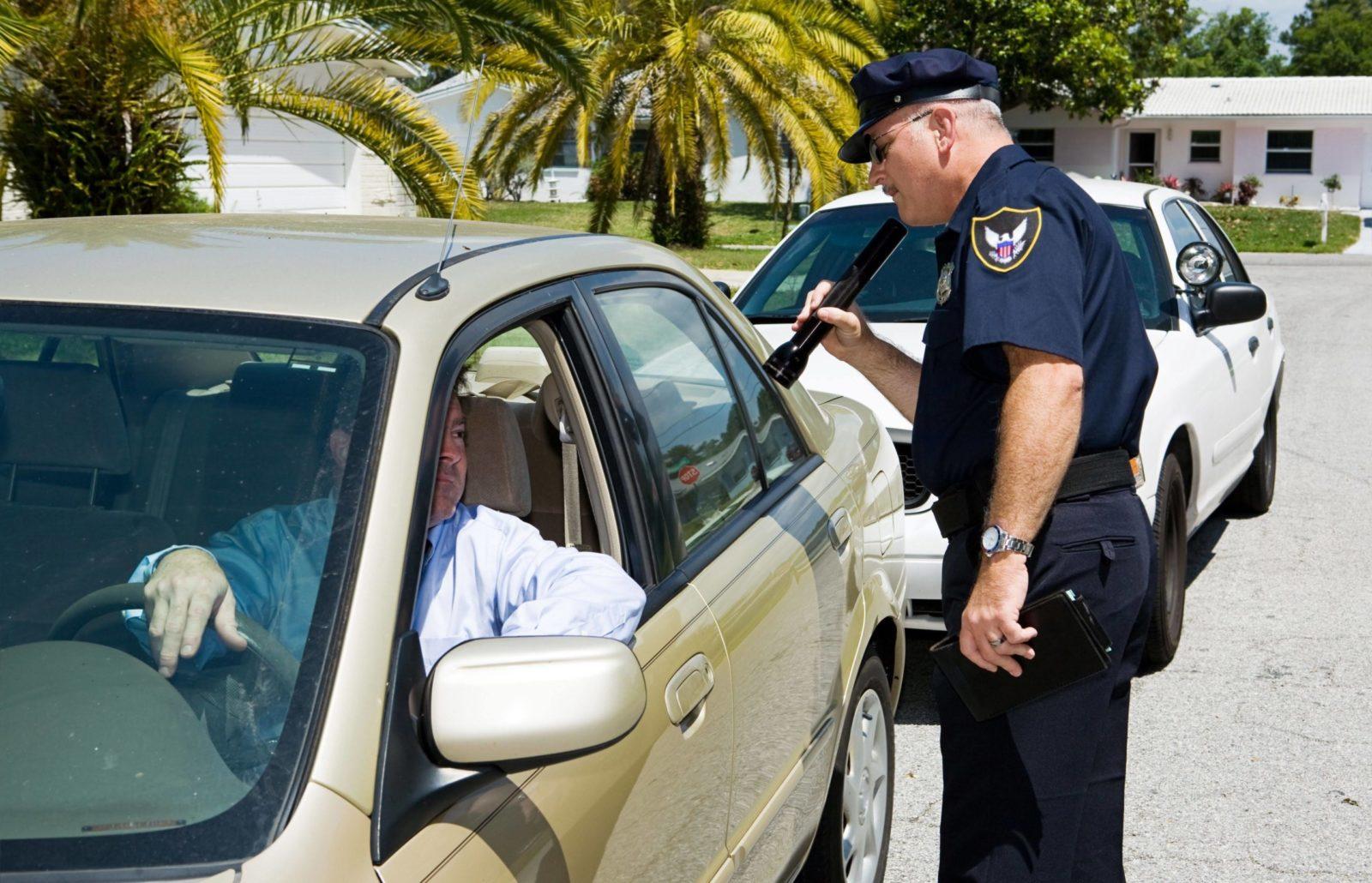
Traffic violations are incredibly common because there are so many drivers on the road. Even if you do your best, it’s easy to miss a stop sign or to drive a little too fast. If you would like to know more about traffic violations, check out these top four commonly asked questions.
1. What Is a Traffic Violation?
Traffic violations refer to any time you break the laws of the road when driving. This typically includes actions like speeding, driving through a stop sign, driving the wrong way, doing a U-turn where prohibited, parking in a handicap spot, and much more.
Traffic violations are classified as moving or non-moving. Moving violations refer to illegal actions while the car was in motion, such as speeding. However, if you parked in a handicap spot or by a fire hydrant, you may get a ticket for a non-moving violation.
2. What Happens if You Get a Traffic Violation?
If a police officer spots you committing a traffic violation, they will likely pull you over. Make sure you do so as quickly as possible without endangering yourself or anyone else. Once you’ve pulled over, remain in the car, roll down the window, and keep your hands on the steering wheel, so the officer doesn’t think you are hiding something or trying to grab a weapon.
While you are pulled over, the officer will likely ask you a few questions, but they cannot demand to search your car unless they have reasonable cause, such as a bag of drugs the officer can see through the window.
If you are given a ticket, the biggest punishment is a fine. You can go to court to try and get out of the ticket, but unless you have proof that you were not in the wrong, you will probably have to pay the fine.
3. What Can Exacerbate a Traffic Violation?
A few issues can exacerbate your traffic violation. If the violation occurred in a construction zone or school zone, your fine may be increased. Similarly, if you were driving recklessly, such as speeding particularly fast, you may also be charged with reckless driving, which could result in a higher fine.
One of the leading factors that can affect your traffic violation is driving under the influence of drugs or alcohol. If it turns out that you had too much alcohol or any drugs in your system, you could be charged with a DUI. A DUI is a traffic violation, but it is also a criminal offense, so you will likely be arrested. If you refuse to perform field sobriety tests, the officer will likely arrest you, even if you are sober.
4. Can You Go to Jail for Traffic Violations?
Since a DUI is a criminal offense, you can be sent to jail, but most first-time offenders are given a fine and are required to take special classes about alcohol or drugs. The driver’s license will also likely be suspended for some time. Depending on the circumstances and your history of DUIs, you could be sent to jail.
In the case of other violations, you probably won’t be sent to jail. However, if you’ve racked up a lot of traffic violations, your fines will likely increase. In some cases, the officers may put a warrant out for you, or your license may get suspended. Most people who do get arrested for multiple traffic violations end up doing community service rather than serving time in jail.
Traffic violations are common, but you don’t always have to pay a fine. When alcohol or drugs are involved, your punishment may be more severe. If you would like to know more about traffic violations and tickets, contact us at Daniels, Long & Pinsel, LLC.